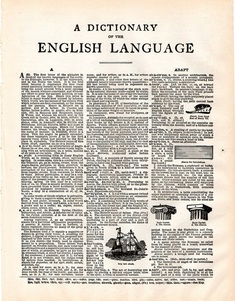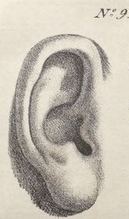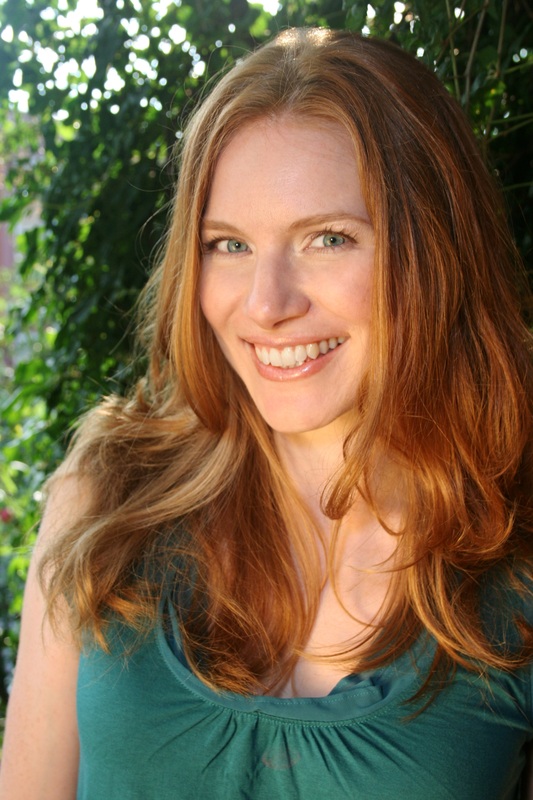
I only see English words anew in two situations. The first is when I learn a new French word, which leads me to compare it to its English counterpart. (For example, in French, when a woman goes into labour, you say “elle entre dans le travaille”, she is starting the work. Which is exactly what the word “labour” means: work.)
The second time I consider words anew is when I do cryptics.

The “ST” and “AT” had the makings of an intersection. I saw that I could create a hidden word clue that conjured up the image of someone being struck at a busy junction (and a real one, at that).

“He died willfully”
Could I use this? Would that be too much of a stretch? I had never really thought about that short, staid, legal word “will” before, but now I saw the humanity behind it. To be willful is to have determined intentions. It follows that we would call the document we leave behind when we die “a will” because it is a summary of our specific desires about how things should go down once we have gone. In fact, leaving a will may be the most “willful” thing we can ever do: our heirs are socially and legally bound to carry out that which we have willed to happen.
The final clue became: “He died willfully, perhaps, in the middle of Lafayette St. at Eight (7)”
When I engage in a writing catalyst exercise, I know that I’m trying to unblock some creative fluidity. But cryptics have the magical element of surprise. Like the split second in which you mistake your reflection in a window for someone else, and momentarily view yourself as a stranger.

Am I overselling the benefits of cryptics? Perhaps. Maybe, like the father in “My Big Fat Greek Wedding” who spritzed everything with Windex, I am extrapolating power that cryptics simply don’t have. And yet, since starting this blog, I have discovered that an uncanny number of writers, including mystery writer Howard Shrier, blogger Adriana Palanka, and poets Sue Sinclair and Dennis Lee, are fans of cryptics.
If you are a writer, tell me: do cryptics have the same effect on you as they do on me?
Sarah

 RSS Feed
RSS Feed
